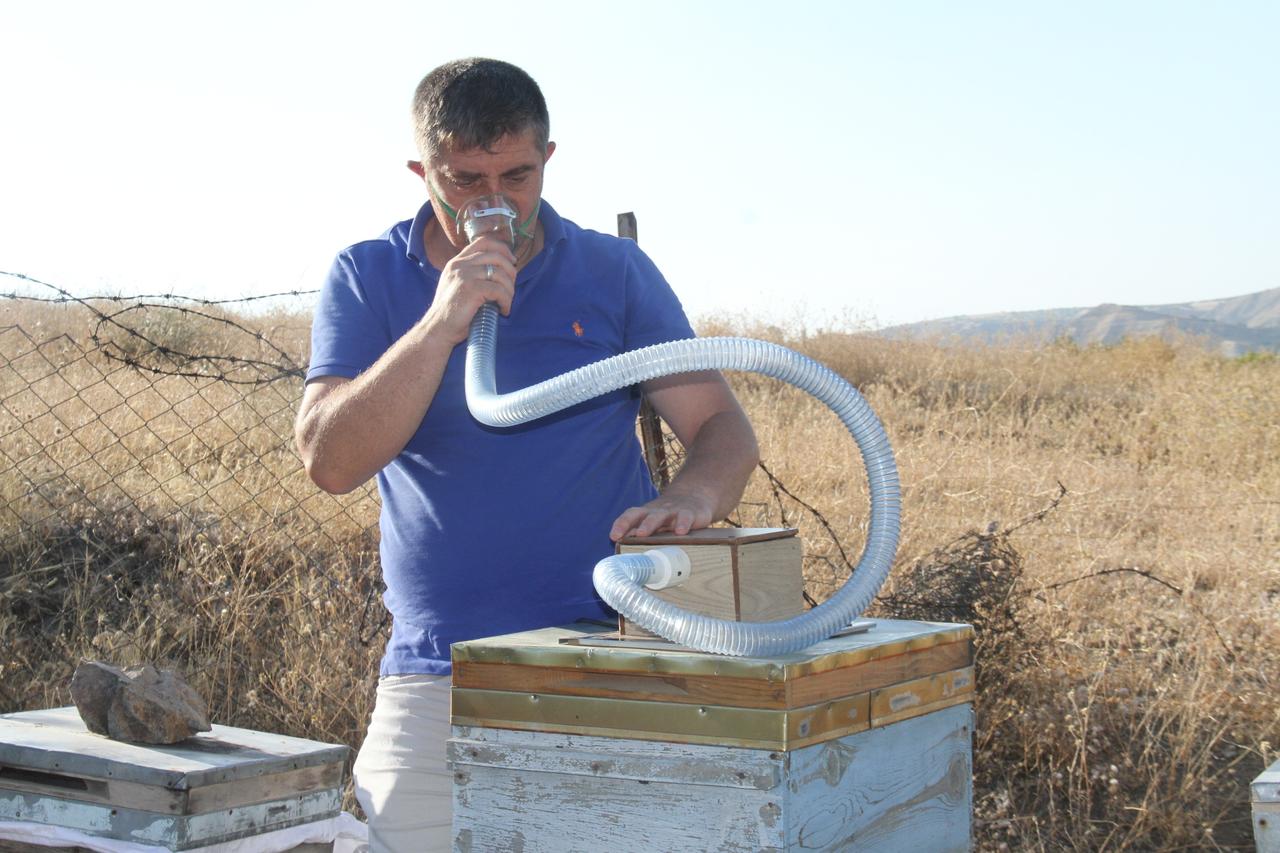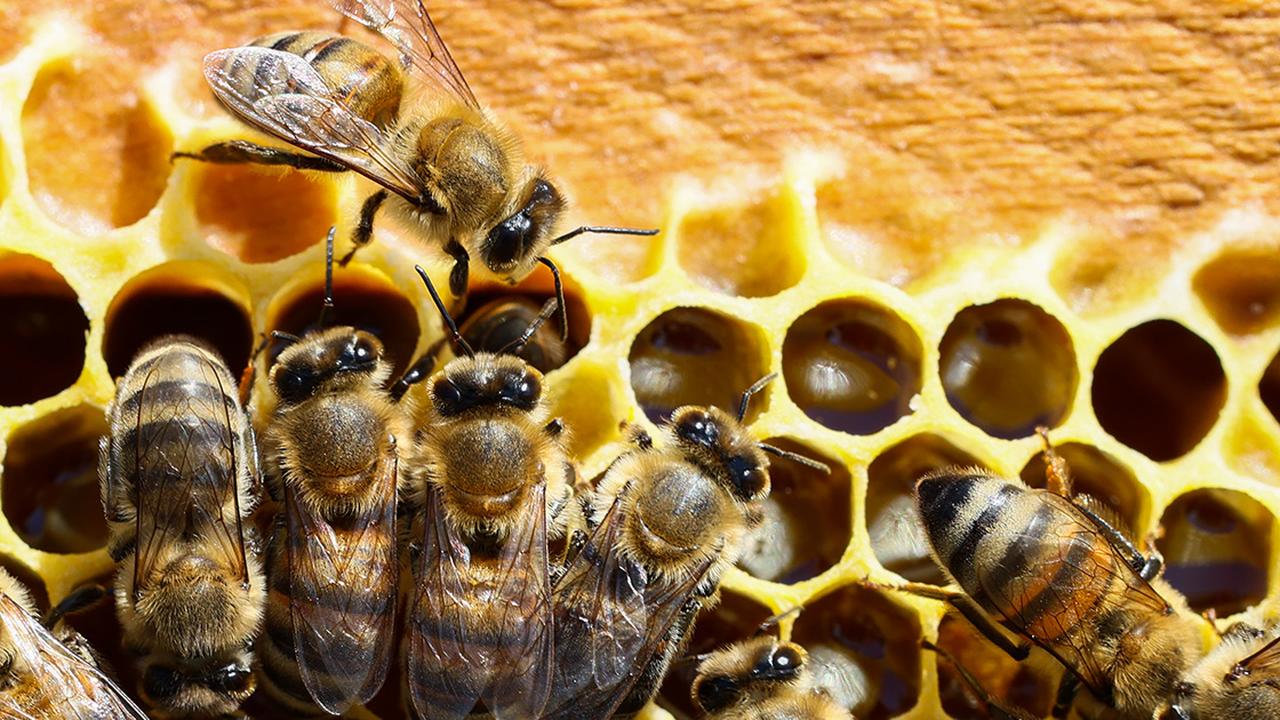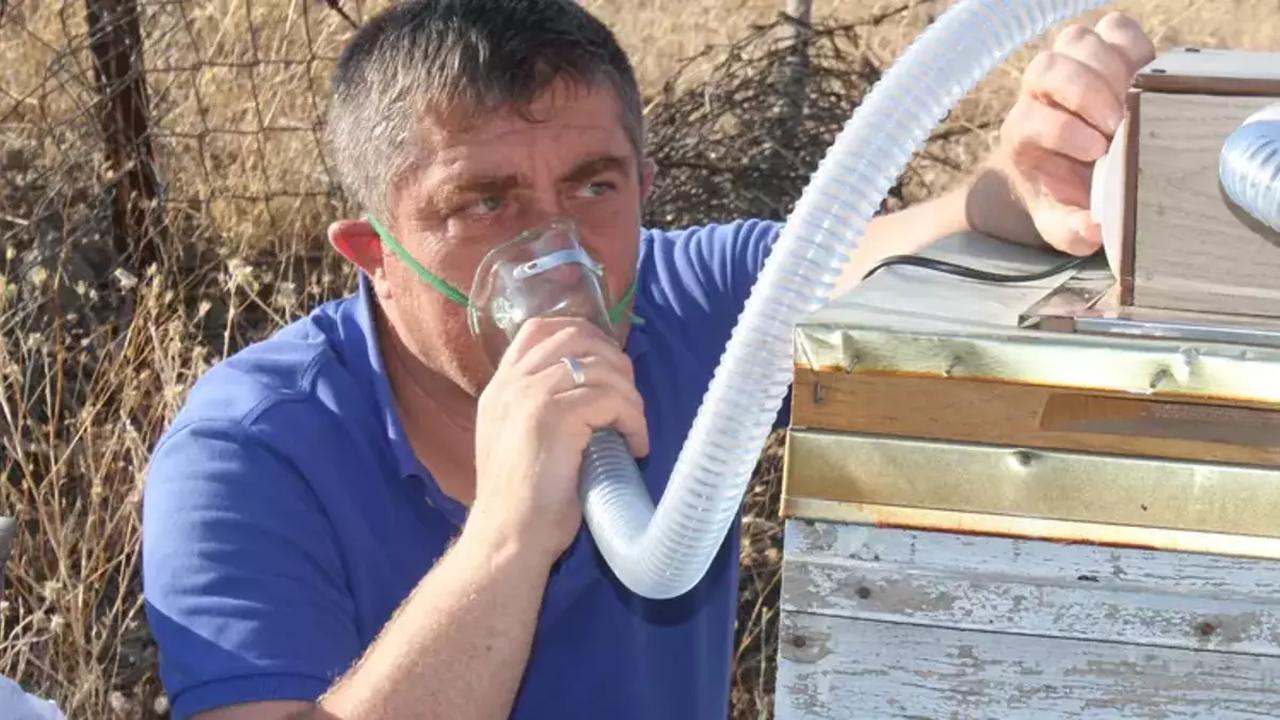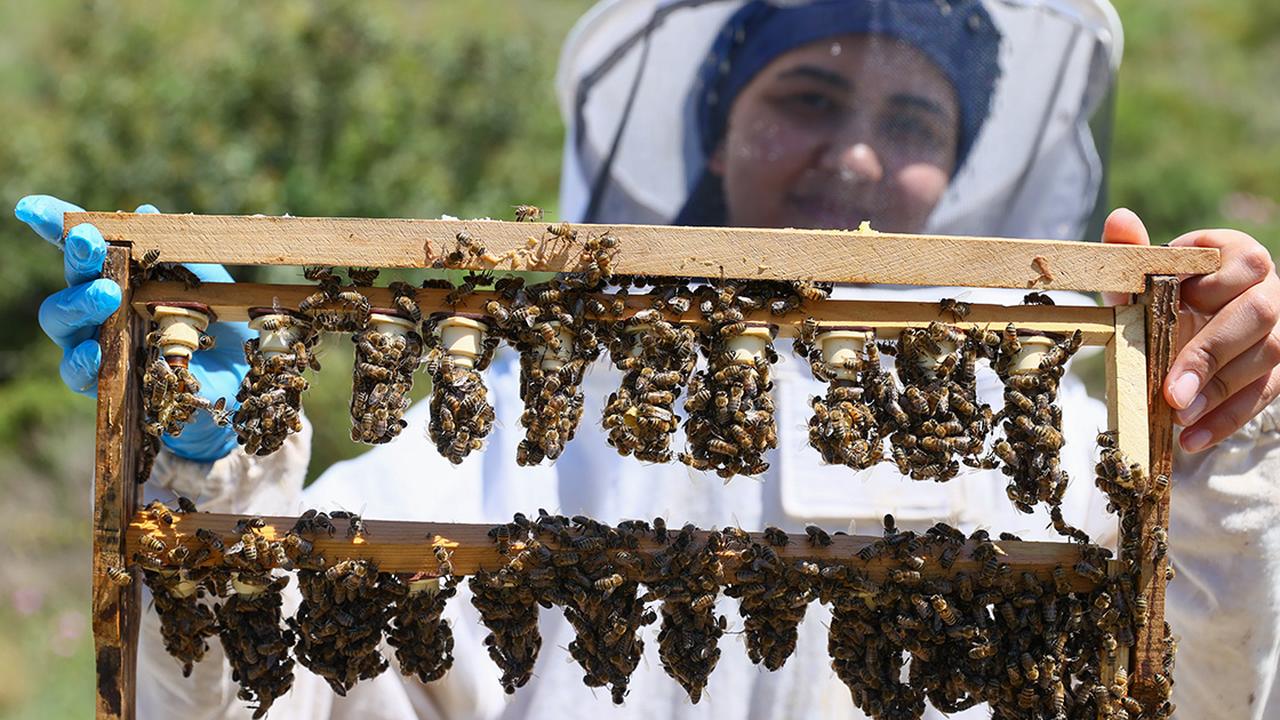
In Türkiye, a natural form of treatment is gaining renewed attention and popularity among those seeking alternative approaches to health and healing.
Apitherapy—a branch of alternative medicine using bee products—is gaining renewed interest, particularly in Türkiye's Aegean region.
While not officially recognized by the government, beekeepers and practitioners across the country are advocating for its benefits, especially for respiratory and stress-related ailments.
Apitherapy involves the use of substances produced by bees, including honey, pollen, propolis, royal jelly, bee venom, and even the air inside a beehive.
The hive itself is often described as nature’s pharmacy, where a complex mix of chemical processes produces healing compounds.
Breathing in hive air means inhaling volatile elements released by these natural products, believed to have antimicrobial, antioxidant, anti-inflammatory, and neuroprotective effects.

While apitherapy is not officially recognized by the Turkish government as a form of treatment, it is widely practiced by beekeepers across the country, as well as in countries like Germany and Russia.
In the Aegean province of Izmir, Huseyin Ceylan, a beekeeper from Karaburun, has been promoting apitherapy for over 15 years.
Coming from a family of beekeepers and trained in agriculture, Ceylan welcomes visitors mainly in late spring, helping them supplement conventional medical treatments by inhaling hive air. He emphasizes that his method is intended to complement—not replace—Western medicine.
Further east in Elazig, another innovator, Erdal Cetinkaya, has developed a low-cost “api-air” device. This homemade apparatus draws hive air infused with bee products into masks designed for asthma and COPD patients.
Cetinkaya’s device offers an affordable alternative to expensive European models, aiming to make apitherapy more accessible across Türkiye. His goal is to promote clinical recognition of this natural treatment.

In Sivas, apitherapy veteran Azimet Kutlu has been practicing hive air therapy since 1980. Using a mask connected directly to a beehive, Kutlu’s patients inhale air rich in pollen, propolis, and honey.
Many report significant symptom relief after just a few sessions.
Kutlu himself credits the therapy with alleviating his own asthma without medication. Known for his generosity, he provides free sessions and welcomes visitors with tea and honey, relying on word-of-mouth to grow his practice.

For some patients, the scent of hive air does more than soothe—it unlocks nostalgic memories from their childhood. Take Senay Ilham, 68, who is in remission from breast cancer that had spread to her spine after conventional treatments.
“This smell feels familiar," she shared.
It’s like a memory from my childhood,” recalling the times she played outside near local beekeepers and felt the sting of bees. This unique blend of nature and memory provides not only physical healing but also emotional comfort to those undergoing apitherapy.
Despite the enthusiasm among beekeepers and patients, apitherapy remains outside mainstream medical recognition in Türkiye.
Yet practitioners continue their work, driven by personal conviction and growing anecdotal evidence.